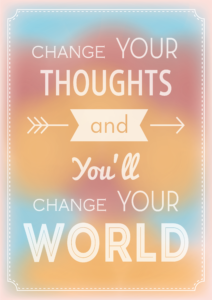Yes? Do you ‘allow’ yourself to make a mistake? Then what? My bias is that without mistakes or mis-turns you never know if you really have learned, grown, and applied – the ‘information’ has not been tested. Mistakes show you what you didn’t know, what you need to refine. But the first step in giving yourself permission is a willingness to accept your responsibility and the knowledge that you will err. These two conditions should not keep you on edge or in ‘fear’ that you will make a mistake. Rather it should simply be a realization that this possibility exists.
One question is – what do you do when everything doesn’t work out as planned and a mistake rears its head? Do you quickly look around to see if anyone else has seen it? Perhaps you attempt to ignore? Do you try and cast the responsibility for the mistake onto others? What is so terrible about making a mistake???!!! Why all the drama? Is it pride? And if so, you know what always accompanies pride. A fall. Knowing why you react to these situations is as important as knowing how you respond. The critical question really is what you think and feel about yourself when a mistake happens.
Regardless of the existence of mistakes, you need to have a healthy perception and definition of the word – and you have to have a process of resolution. This is really the point. If you never think that a mistake can occur, whether of your making or some other reason, then you never have a Plan B available. And, I would suggest, that if you never think about contingency plans then your Plan A probably doesn’t have any risk associated with it. It typically is only those risk-less and non-experimentally based activities that never experience mistakes. Typically.
Mistakes push the boundaries of our knowledge. They are the hypotheses that call into question the status quo. They are the ‘what if’ experiences. They can be ‘Ah Ha!’ moments and they can be those ‘sudden dawning’ times. While mistakes can highlight faulty thinking or mis-planning, they also allow us to push our growth as far as we can. We should always permit ourselves to make mistakes, but we should not plan to make them. When they come – don’t hide, encounter them and move forward.





